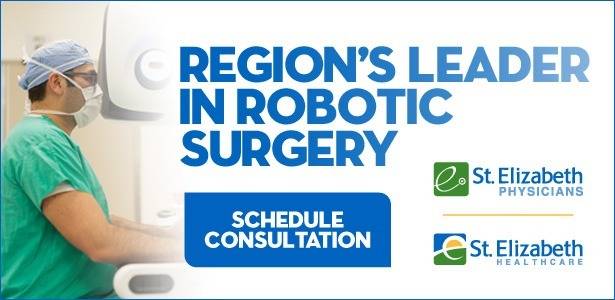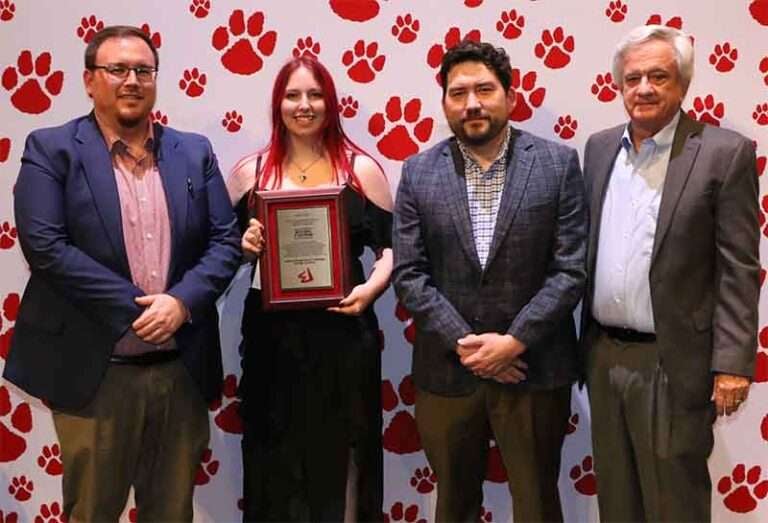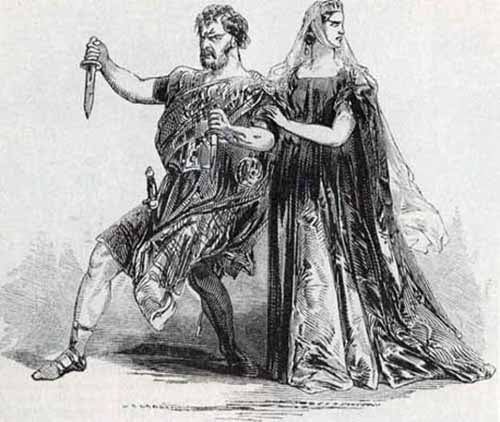The letterhead on the news release was stark and official: “Department of Justice.” It was not like anything you have likely heard about in recent months.
In Livingston County, Kentucky, a man was sentenced to five years of probation for a Lacey Act violation involving the illegal harvesting and sale of shovelnose sturgeon roe. Among other things, the Lacey Act makes it unlawful for any person to transport and sell fish that were taken in violation of any law or regulation of any state. Kentucky regulates fishing for sturgeon and its eggs, which are marketed as caviar.
According to court documents, Charles Hopkins, 52, was sentenced for conspiring with others to sell shovelnose sturgeon that had been harvested in violation of Kentucky law. Hopkins was also ordered to pay a $20,000 fine to the Lacey Act Reward Account and $348,613 in restitution to the Kentucky Department of Fish and Wildlife Resources. That is a big win for our wildlife resources and the law enforcement officers that made the bust.

The Lacey Act isn’t the only wildlife law in the news. Recently some state legislators have tried to pass laws that would override Federal law, even though this is not the way our democracy works. For example, in Kentucky a state legislator has proposed allowing the killing of raptors, which is a direct violation of the Migratory Bird Treaty Act.
Other states, like Pennsylvania, are trying to strip their own wildlife and fisheries departments from making decisions about endangered species, presumably in an effort to help industry. Similar legislation has appeared across the country.
What is interesting about all of these issues is how much the law and science have in common. Science led to our understanding of endangered species, overharvesting of fish, and the importance of raptors, providing the data to create these laws. We use forensic science to help prove wildlife crimes, just as we do for other crimes.
Such evidence is used within a court of law, and often presented to a jury of our peers, to decide whether someone has broken the law or not. Science is similar, as only after rigorous peer review is it accepted as fact. Guilty or not guilty, true or false hypothesis, they go hand in hand.
Science is also like the law because you don’t have to believe in it for it to be true.
Many people feel they should be able to hunt, fish, or take (and sell) whatever wildlife they would like, but that doesn’t mean that it is legal. There are laws about our use of fish and wildlife, just as there are laws about theft, murder, treason, and even defamation. Whether we personally agree with any of those laws is irrelevant, as long as they exist in law. That is how our society works; we live within a system of laws.
Science is not that different. Some people feel like they should be able to decide which science applies to them, just like laws. But all science applies to every one of us, whether we like it or not, exactly like our legal system.
Like the legal system, science is best paid attention to. No one wants to land in jail or be asked to pay thousands or even millions of dollars in penalties. The consequences for ignoring science are similarly grave.
Can you make it without a flu or COVID vaccine? Some people will, but others will get caught. Can you ignore the health of our planet, even supporting efforts to drill more fossil fuels? It’s easier to ignore that science in our country, in part because some make a lot of money by ignoring it. But we see it affecting us more and more every day, just like the lights of a police car coming up from behind, or a Fish and Wildlife Special Agent knocking at our door.

Few of us would ever teach our kids how to break the law. Instead, we teach them right from wrong, and how to be good citizens. We might also want to teach them science, because, like the law, it is going to affect them their entire lives. Understanding and respecting the law keeps our society going. Understanding and respecting science does the same thing; it can increase the quality and quantity of all of our lives.
Neither the law or science is infallible, however. Some people that are convicted are often found innocent later; sometimes guilty people are let free, only to be found guilty at a later date. Similarly, science is not over when it is published. Scientists read each other’s work and criticize it to create better science. They also build off of previous science, sometimes repeating experiments, and all of us—every scientist—always questions what has previously been found, and what assumptions were made. By doing so, we ensure, like a good judge and jury, that all of science is sound.
When someone is found guilty over and over again, however, they have to serve time.
Interestingly, when scientists support hypotheses over and over again, we call it a theory, and when theories are supported over and over, they become law, an interesting term for scientists to use, but accurate nonetheless. Just as we obey the ordinances and laws of our country, states, and municipalities, the theories and laws of science are all around us.
Our ability to understand and live within those laws, both legal and scientific, benefits everyone in society.
Dr. Howard Whiteman is the Commonwealth Endowed Chair of Environmental Studies and professor in the Department of Biological Sciences at Murray State University.

















